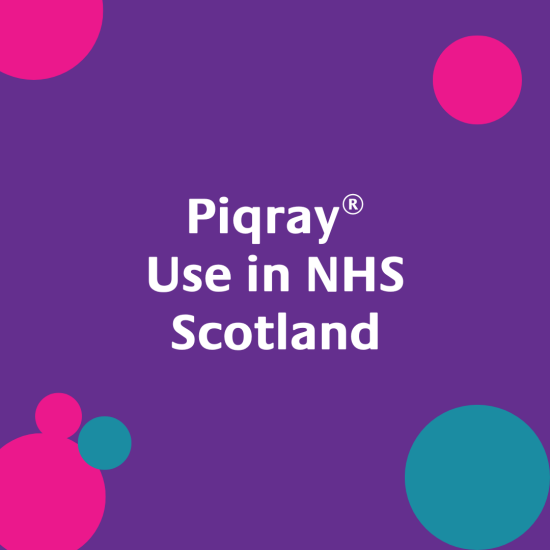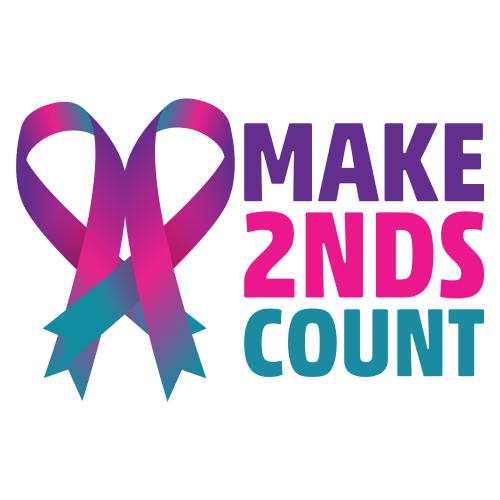Making Moments Count
We're asking you, our incredible supporters, to consider making a donation to help fund the 2026 2nds Together Retreats. SUPPORT OUR WORK

12th December 2022 by Alexander Kolliari-Turner

Today, the Scottish Medicines Consortium (SMC) has announced that the targeted secondary breast cancer drug alpelisib (Piqray®) is not recommended for use within NHSScotland for the treatment of a specific cohort of patients. Make 2nds Count is disappointed by this decision that will reduce targeted treatment options to secondary breast cancer patients on the NHS in Scotland. The National Institute for Health and Care Excellence (NICE) approved alpelisib for NHS usage in England and Wales in July 2022.
The SMC noted that “The submitting company did not present a sufficiently robust clinical and economic analysis to gain acceptance by the SMC” and that “this advice takes account of the views from a Patient and Clinician Engagement (PACE) meeting”.
Additionally, the SMC noted for alpelisib there was “uncertainty around its clinical and cost-effectiveness”. The chairman of the SMC, Mark MacGregor, said “We were unable to accept alpelisib as the evidence provided was not strong enough to satisfy the committee. The clinical evidence was very limited for the proposed use of the medicine, leaving significant uncertainty that it offers value for money for NHSScotland.”
alpelisib was under SMC consideration for usage in locally advanced or metastatic breast cancer in combination with fulvestrant, in postmenopausal women, and men if:
Endocrine therapy, with or without a CDK4-6 inhibitor treatment, is the standard treatment for patients with HR+/HER2- advanced breast cancer. However, endocrine resistance affects approximately 40% of HR+/HER2- advanced breast cancer patients which means that a patient's cancer gets worse despite this treatment.
A mutation in the PIK3CA gene causes an overactivation of the PI3K protein which results in a stimulation of cancer cell growth. alpelisib inhibits this overactive protein and can reduce the growth of cancer cells if they contain the PIK3CA mutation.
A Phase 3 clinical trial of alpelisib and fulvestrant in this patient cohort showed that it took a statistically significantly longer period of time until the cancer progressed and got worse compared to treatment with fulvestrant alone. However, there was not a statistically significant difference between these groups for overall survival (the amount of time patients were alive in each group after starting treatment).
The SMC notes there are several options now available to the pharmaceutical company which provided the submission to SMC. These include the possibility of an additional meeting with the SMC to help the company understand why their medicine has not been accepted. At this point a discussion can take place to determine the nature and focus of any resubmission to the SMC or independent review panel (IRP). Therefore, there is a possibility that following further regulatory workflows alpelisib could become an SMC recommended medicine in the future and Make 2nds Count will monitor developments in this area.
